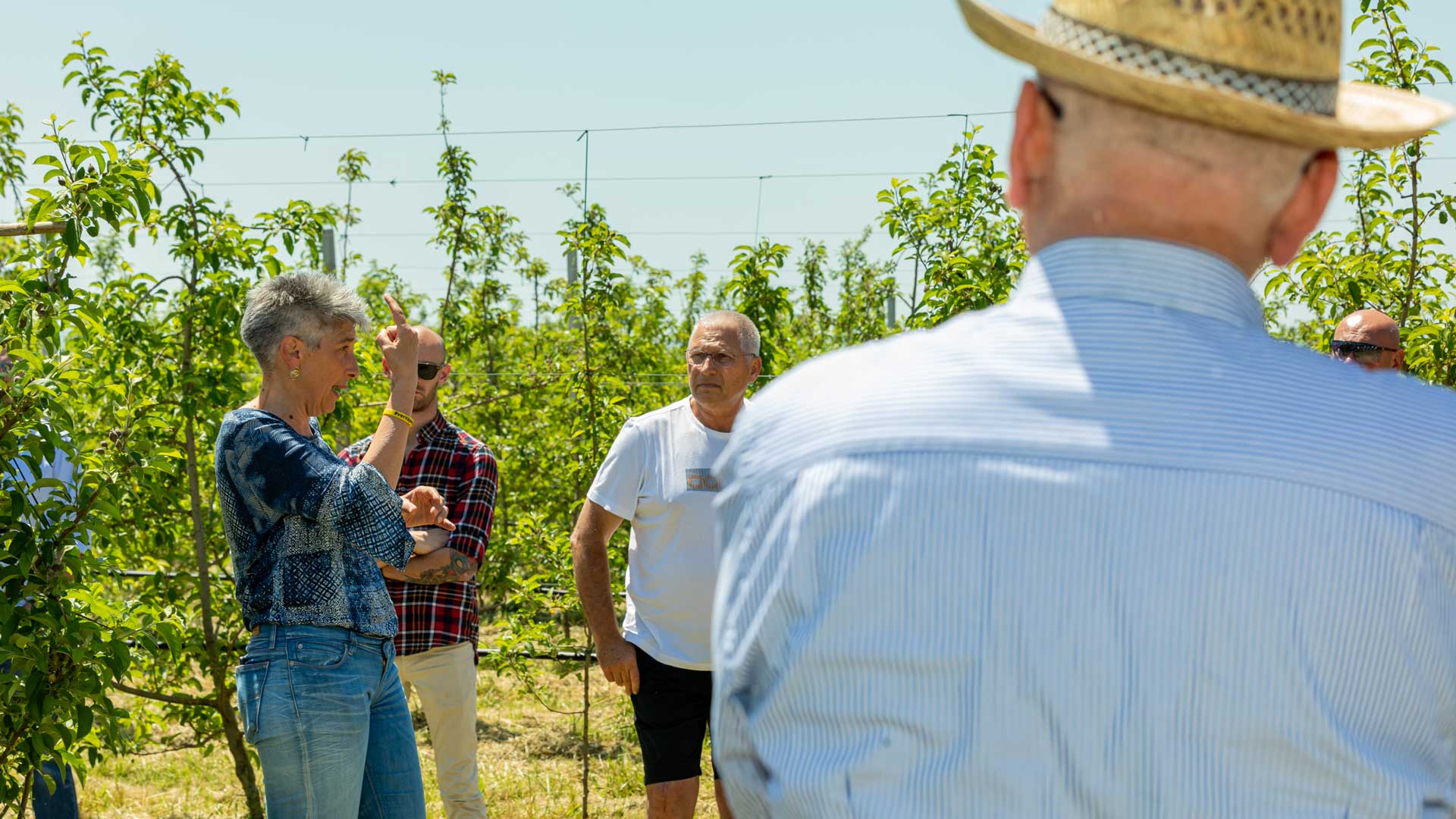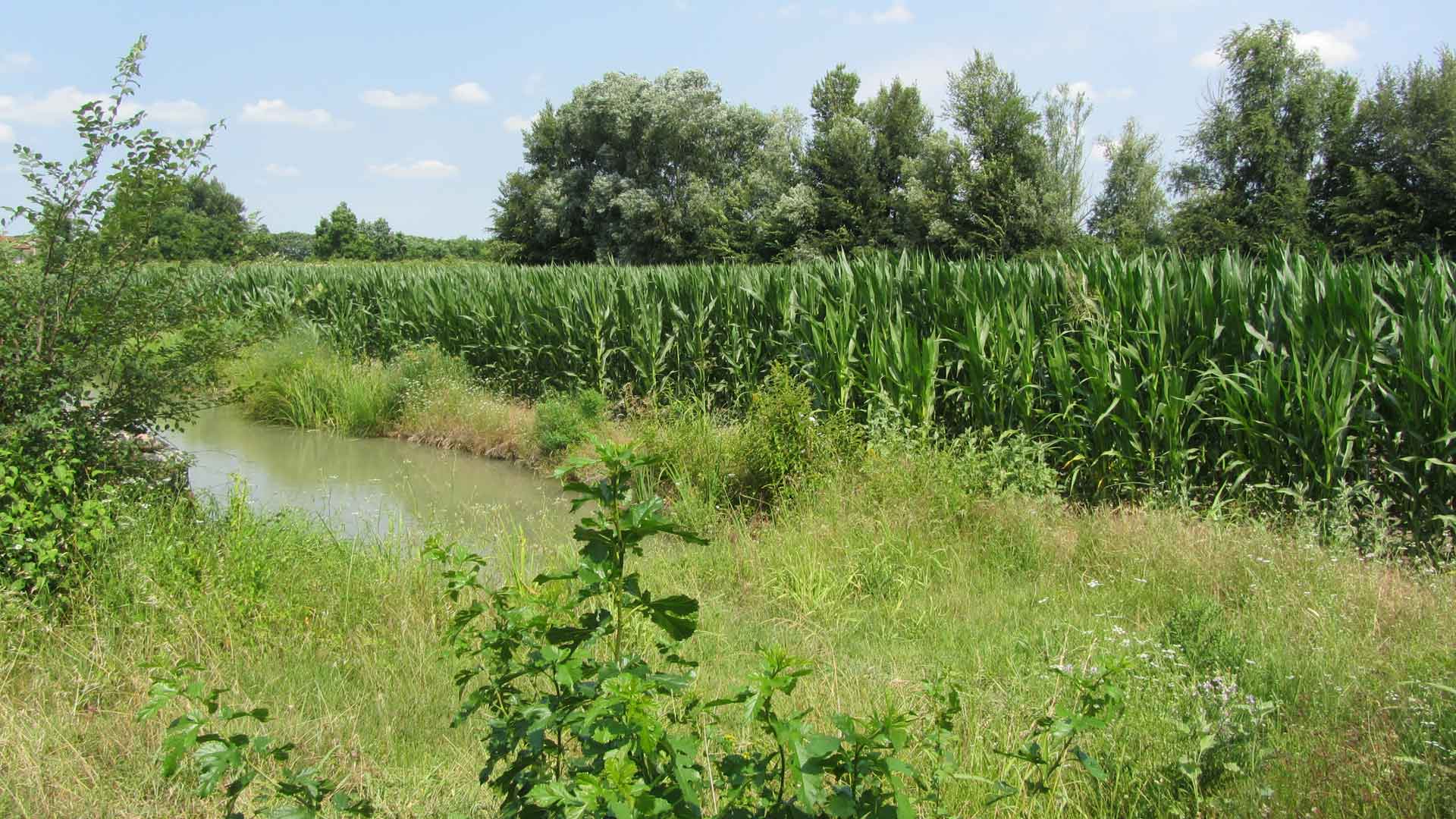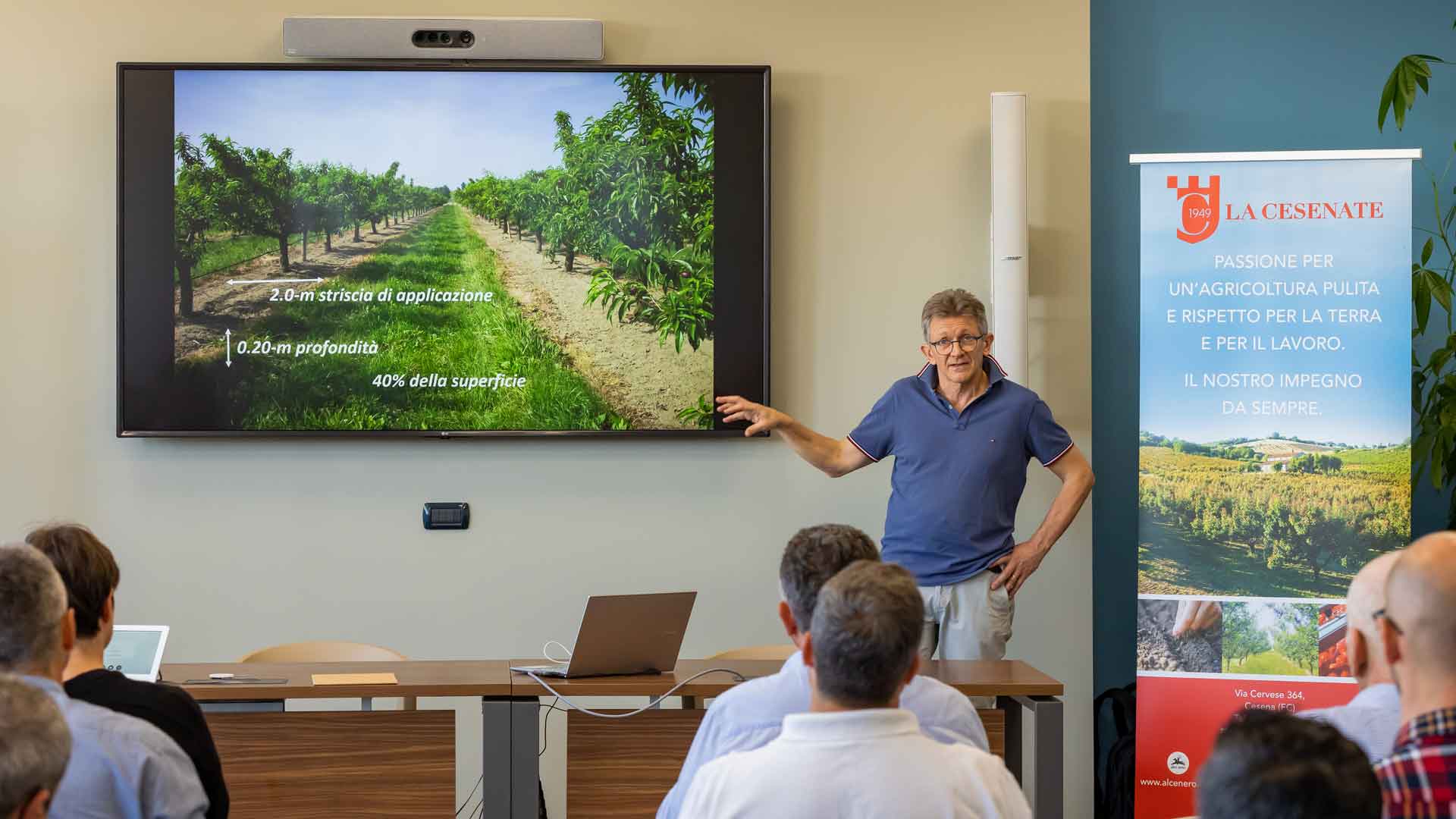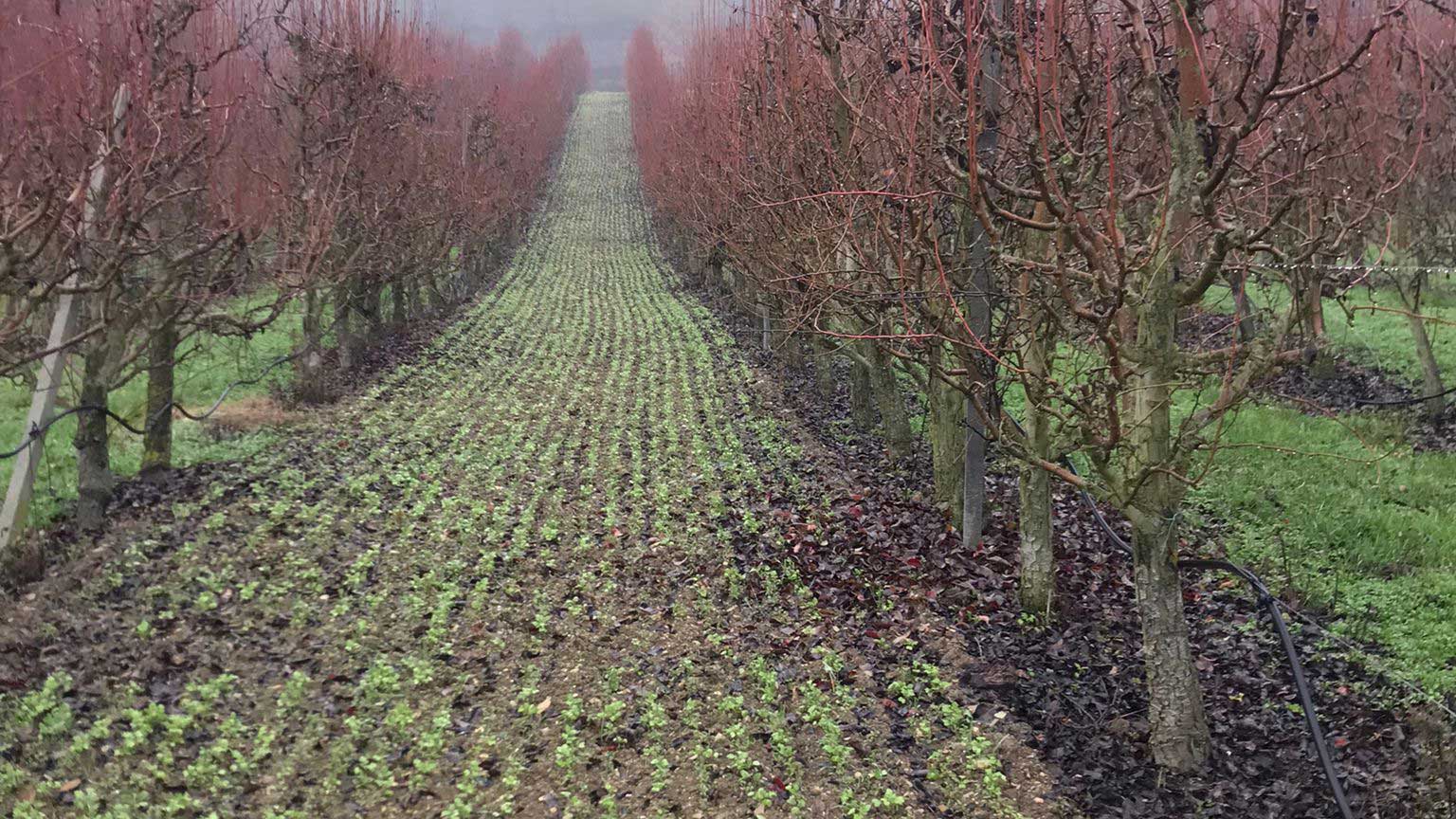Featured Image & Text
About Tutti Frutti
Soil degradation, biodiversity loss, and climate change expose agriculture to increasing risks, leading to alarming consequences for the environment, farmers, and consumers. Rethinking methods for producing crops sustainably has become paramount in regions across Italy.



